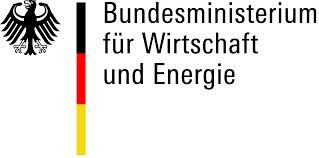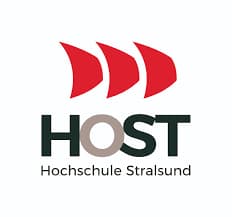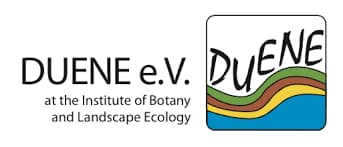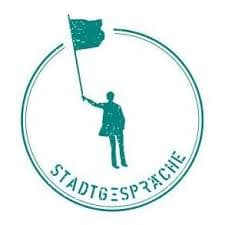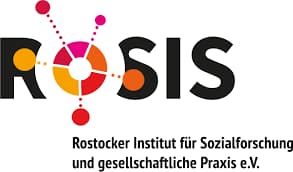ReEnAct – Shaping the regional energy transition

Project description
In this project, scientists from the Reiner Lemoine Institute are working with partners to develop participation methods for planning energy transition measures in rural areas. They are creating a digital stakeholder empowerment tool (StEmp-Tool) for the district Peenetal/Loitz in Mecklenburg-Vorpommern. It visualises the complex interrelationships of the energy system in the municipalities of the district and helps to involve local social actors in decision-making processes on measures for the energy transition.
More citizen participation
The research project aims to help citizens of the municipality to participate in important decisions on the future of the local energy system. They should be able to discuss possible energy transition scenarios on a solid and scientifically sound basis. The project team is collecting relevant data, such as wind and solar energy potential and the potential of using wet moorland sites (paludiculture) to generate energy, and modelling these in an energy system model. The participation format of the planning cell will also be trialled in the research project. In the planning cell, residents of the region come together and discuss the future of the local energy system. As a result, proposals for the design of the energy system are formulated.
Energy system modelling
The scientists investigate how the future energy system of Peenetal/Loitz can be made climate-neutral. In addition to CO2 emissions, they are using other important components of the local energy system for the modelling. These include, for example, wind and solar energy, hydrogen, the heating network, storage and energy consumption. Bioenergy also plays a special role for the region. The project team is working with the open-source framework oemof developed at RLI.
Stakeholder empowerment tool makes connections easier to understand
A stakeholder empowerment tool helps citizens to better understand the interrelationships between measures for the energy transition and the effects of certain decisions on the local energy system. The tool is intended to show the current energy system and future development scenarios for various stakeholders in the region. The project team identifies the most important factors of the energy system and presents their development in an easy-to-understand graphical format.
See the project website here only in German.
Project period: December 2023 – December 2026
Tasks
- Definition of the requirements for energy system modelling and the stakeholder empowerment tool
- Bundling the energy system data
- Development of an energy system model for Peenetal/Loitz
- Simulation of energy transition scenarios
- Graphical processing of the results
- Development of the stakeholder empowerment tool
